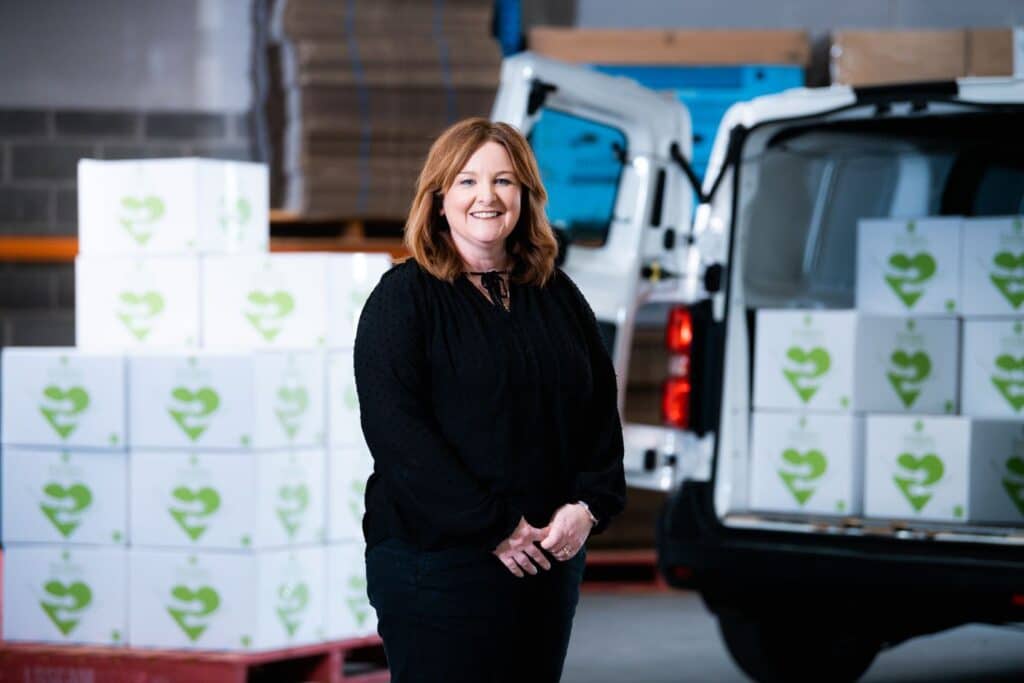More than four million Australians cannot afford basic hygiene products, with women more likely to experience hygiene poverty than men.
Good360 Australia, an Australian charity providing unsold consumer goods to people in need, has released new research into hygiene poverty, where people go without one or more hygiene products because they are unable to afford it.
The results showed one in seven people (15 per cent) recently skipped buying personal or household products because they could not afford to buy it.
Alison Covington AM, the founder and managing director of Good360 Australia, said hygiene poverty can have “profound implications” on people’s physical, mental and emotional wellbeing: according to the research, one in ten respondents said it impacted their mental and/or physical health.
“Our research reveals hygiene poverty is impacting millions of Australians,” Covington said. “It’s heartbreaking to see families having to choose between heating, eating or keeping clean.”
For 14 per cent of respondents, this is the first time they have been unable to afford personal hygiene or household cleaning products.
“Hygiene poverty is a hidden issue because it can be embarrassing to talk about,” Covington from Good360 Australia said.
“It can mean avoiding a job interview because of concerns over body odour, missing work or school due to lack of period products, or students being bullied because of hygiene issues. It can mean families avoiding social interactions out of embarrassment, or children not going to day care because their parents can’t afford nappies.”
Nearly one in ten (8 per cent) of respondents said hygiene poverty forced them to skip a social event or stay home from work.
“These are basic items that most of us take for granted, but for many they are becoming unaffordable luxuries,” Covington said. “In a country as wealthy as Australia, this shouldn’t be happening.”
In this year alone, Good360 Australia has supported over 207,000 people experiencing hygiene poverty, providing more than $20 million worth of personal hygiene or household cleaning products. Covington said Australia’s cost-of-living crisis is largely to blame.
“Demand for donated personal hygiene and household cleaning products is outstripping supply as the cost-of-living crisis continues to impact households around the country,” Covington said.
“That’s why it’s crucial for retailers to step up and donate unsold goods and for governments to step in and help fund the delivery of other essentials like soap, shampoo and toothpaste to people in need.
“By redirecting these products, we can significantly alleviate this crisis. Retailers have the power to make a massive difference in the community, preventing waste and helping millions of Aussies maintain their dignity and health.”
Women are bearing the worst of it
According to Good360 Australia’s research, Australian women are more likely to experience hygiene poverty than their male counterparts: about 16 per cent of women skipped buying hygiene products because they could not afford them, compared to 13 per cent of men.
A quarter of women (25 per cent) were worried about the threat of hygiene poverty, and 22 per cent were worried about their family not having access to essential hygiene products. This is compared to 15 per cent and 14 per cent of men respectively.
The disproportionate impact of hygiene poverty on women aligns with rising rates of period poverty, where women and girls go without pads, tampons and other menstrual products because they are unable to afford them.
A 2021 survey from Share The Dignity found one in five respondents have had to “improvise” on period products, forced to use unsuitable materials such as toilet paper, socks and more because they could not access appropriate products.
Nearly half (49 per cent) of respondents have had to wear a pad or a tampon for more than four hours because they had run out of products. About 40 per cent have had to call in sick to work because of their period, and 48 per cent have had to miss school or classes.


